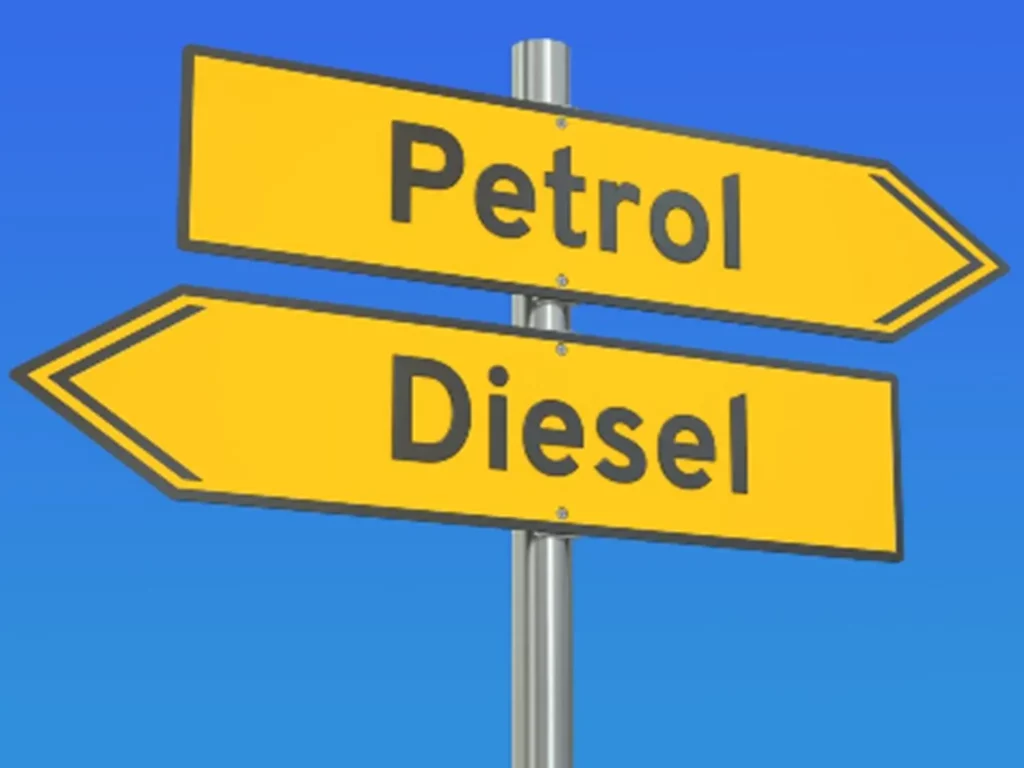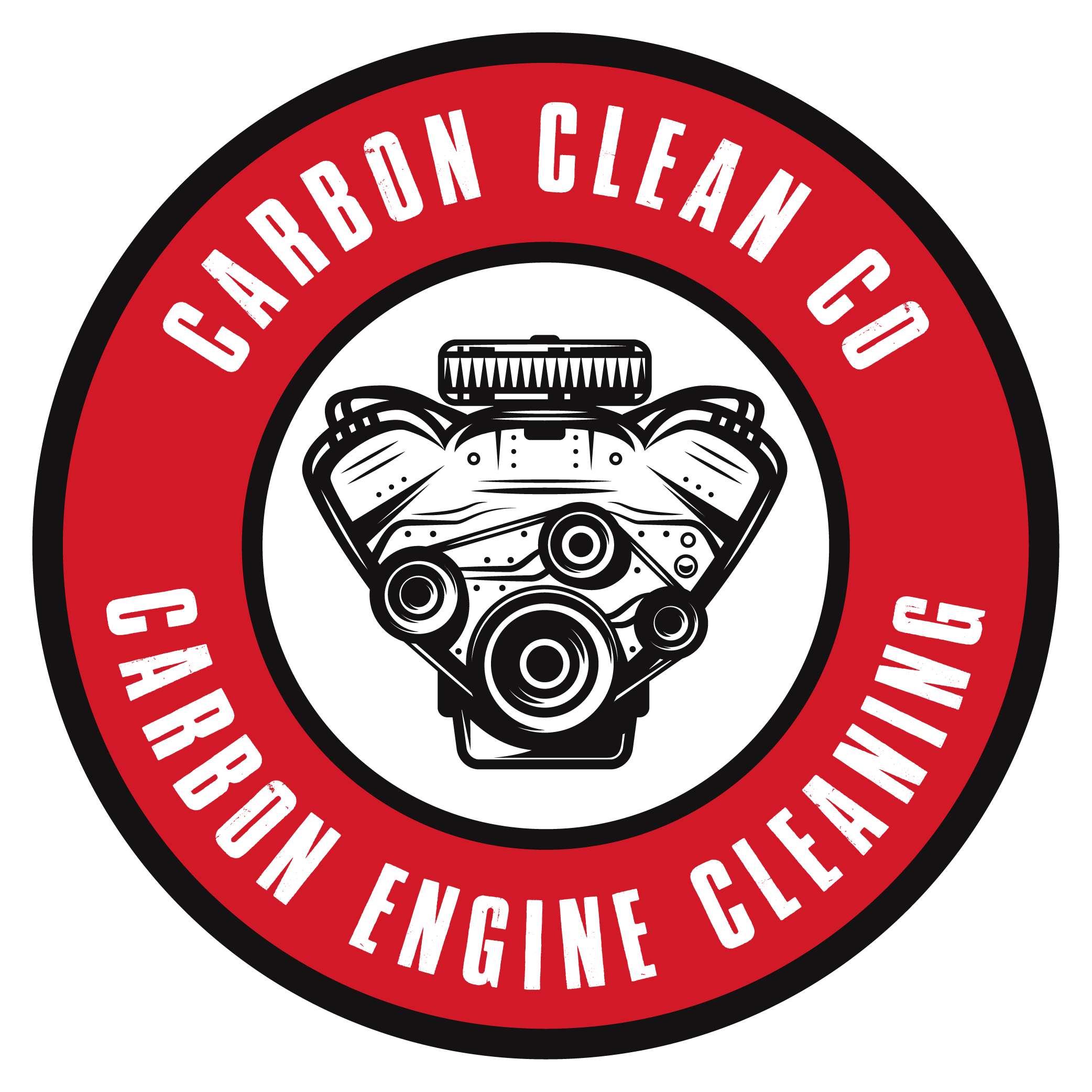
The choice between a petrol or diesel car depends on various factors, and there is no one-size-fits-all answer. You should consider your specific needs, driving habits, and preferences when making this decision. Here are some factors to consider for each type of fuel:
Petrol (Gasoline) Car:
- Lower Initial Cost: Petrol cars typically have a lower upfront purchase price compared to diesel cars.
- Smaller Engines: Petrol engines are often smaller and lighter than diesel engines, which can result in a more nimble and responsive driving experience.
- Better for Short Trips: Petrol engines are generally more suitable for short journeys and urban driving because they warm up quickly and are more fuel-efficient in stop-and-go traffic.
- Wider Fuel Availability: Petrol is more widely available at fuel stations globally, making it more convenient for long-distance travel or in areas with limited fuel options.
- Lower Noise and Vibration: Petrol engines tend to be quieter and produce fewer vibrations compared to diesel engines.
Diesel Car:
- Better Fuel Efficiency: Diesel engines are known for their superior fuel efficiency, especially on highways. They typically offer more miles per gallon (or kilometers per liter) compared to petrol engines.
- More Torque: Diesel engines generate more torque, which can be beneficial for towing and carrying heavy loads.
- Longer Driving Ranges: Diesel cars often have longer driving ranges between refueling stops due to their improved fuel efficiency.
- Resale Value: Diesel cars tend to have better resale value in some regions, although this can vary.
- CO2 Emissions: Diesel engines generally produce less CO2 emissions than petrol engines, but they may produce more nitrogen oxides (NOx) and particulate matter.
When deciding between a petrol or diesel car, consider your driving habits. If you primarily drive short distances in urban areas, a petrol car may be more suitable due to its lower emissions and better performance in stop-and-go traffic. On the other hand, if you do a lot of long-distance highway driving, regularly tow heavy loads, or need the extra torque, a diesel car might be more appropriate.
Additionally, it’s worth noting that alternative fuel options like hybrid, plug-in hybrid, or electric vehicles have become increasingly popular and may offer additional benefits, such as reduced fuel consumption and lower emissions. Be sure to research and compare all available options to find the one that best meets your needs and aligns with your environmental and financial goals.

Leave a Reply